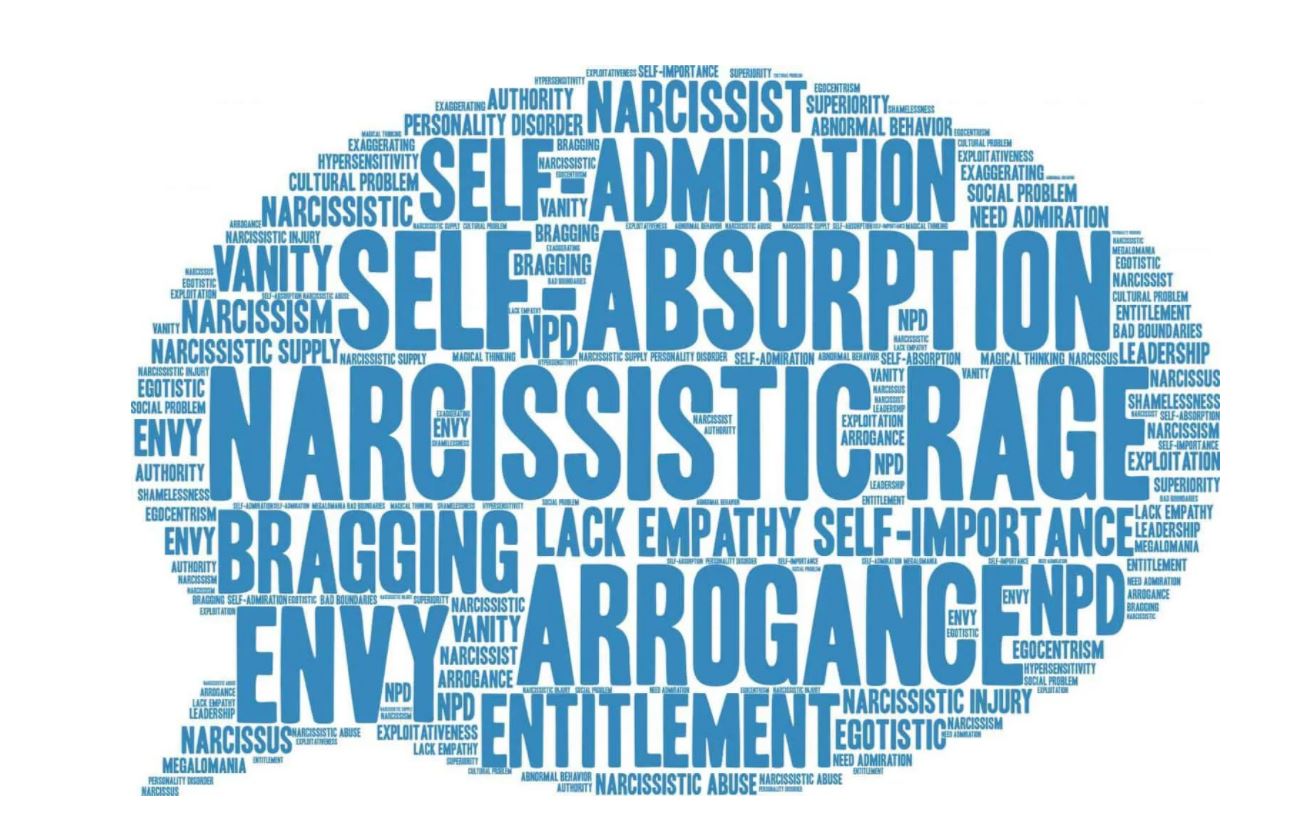
Culture of Entitlement
The attitude of entitlement is one of the most common problems in our society. Almost every middle-class or working-class person can relate to this issue, particularly in African communities.
Despite its huge resources, Africa is challenged. Our people have been living below the poverty line for millennia. We have had moments of genius, amazing personalities, and performances. Still, as a race, we have not had the prosperity and success that the West and even certain Asian countries have in recent history.
A lot has been said about the resource curse, lack of effective leadership, and unfavourable environment; however, one factor that may be particularly detrimental to our development is our culture. Our culture has been praised for its moral values, community life, respect for authorities, family life, and shared responsibility. It remains our pride in a world where values are progressively being eroded.
However, some aspects of our culture may be inimical to our prosperity, independence, and growth. Our altruistic nature has resulted in a situation known as the Black Tax and a sense of entitlement.
The expression “black tax” originated in South Africa and refers to the financial obligation that some black individuals or families may have towards their extended family and community. It relates to successful black individuals’ expectation or cultural obligation to support their less fortunate relatives or contribute to the community’s well-being.
This expectation has weighed down so many individuals that they hardly evolve. A Yoruba proverb states, “One rich man among six disadvantaged people makes them all poor.” In addition to culture, our strong religious inclination reinforces the concept of the black tax. Consequently, a sense of entitlement is fostered, reinforcing low productivity and exacerbating poverty. There are various accounts of how individuals feel compelled to share and distribute their resources. A sense of guilt is projected onto successful individuals who then, attempt to atone for their successes by distributing their resources.
If black communities are to progress, certain aspects of our culture must change. Individual approaches to assisting families or communities must be structured, sustainable, and allow for development. People must accept responsibility for their lives, decisions, and actions. And if their decision has an unanticipated outcome, they should be guided to discover a solution independently. Responsibility should not be removed from them; otherwise, they will be denied the opportunity to learn from their experiences. Everyone must be sensitive yet assertive. Set clear boundaries. People should understand the consequences of breaching those boundaries. Remember, you owe no one an explanation for your success. Managing people with entitlement mentalities is a continual effort that necessitates self-awareness and personal improvement.

Well said sir.
To buttress it, this feeling of entitlement people claim on another person’s hard earned money or property nowadays is just on another level and it all started with the same saying “one rich man among 6 disadvantaged people makes them all poor”…. The question I always ask myself is “why can’t he be a motivation to others to be rich instead of them feeling entitled to his wealth?”. This feeling of entitlement is very common among the Yorubas. I believe this aspect of our culture needs to be addressed if we want to eradicate poverty and wants our nation to grow.
This is a very beautiful and apt piece. Really talks about an issue plaguing Nigerian middle and upper class.
Thanks a lot for writing this!
This matter is indeed huge. It is indeed a problem if one person is successful amongst many people. It’s either you’re far away from them or share the wealth with them.
Like you rightly said, People must accept responsibility for their lives, decisions, and actions because when that successful person was burning the midnight oil, the rest of them weren’t there.
This is classy.
This topic has penetrated almost every aspects of the community. We fail at taking or accepting our responsibilities and push the responsibility funds to other privileged individuals and also put them on guilt trap. This is rather insufficient and unsustainable to take us to improvement on all sides.
You are very much on point. Knowingly or unknowingly we feel entitled to things we are not suppose to be entitled but I’m not sure if that is happening in other parts of the world asides Africa
You are struggling to make ends meet and people you want to help out of your sweat will be feeling entitled to what you want to do for them and even expect you to do more
Hmmmmnnn! True talk!. We must be willing to take responsibility for our life and actions in order to be free from the grip of this projected mentality
Very apt! Establishing firm boundaries is crucial as you also mentioned. I always emphasize my individual responsibilities when approached and will only give if it’s convenient. It’s worth noting that black tax was prevalent in the boomer generation, where familial financial obligations often took precedence. However, Millennials are actively reshaping this narrative, embracing healthier boundaries and refusing to shoulder unnecessary burdens.
Millennials are prioritizing their personal well-being over familial obligations as it should be!